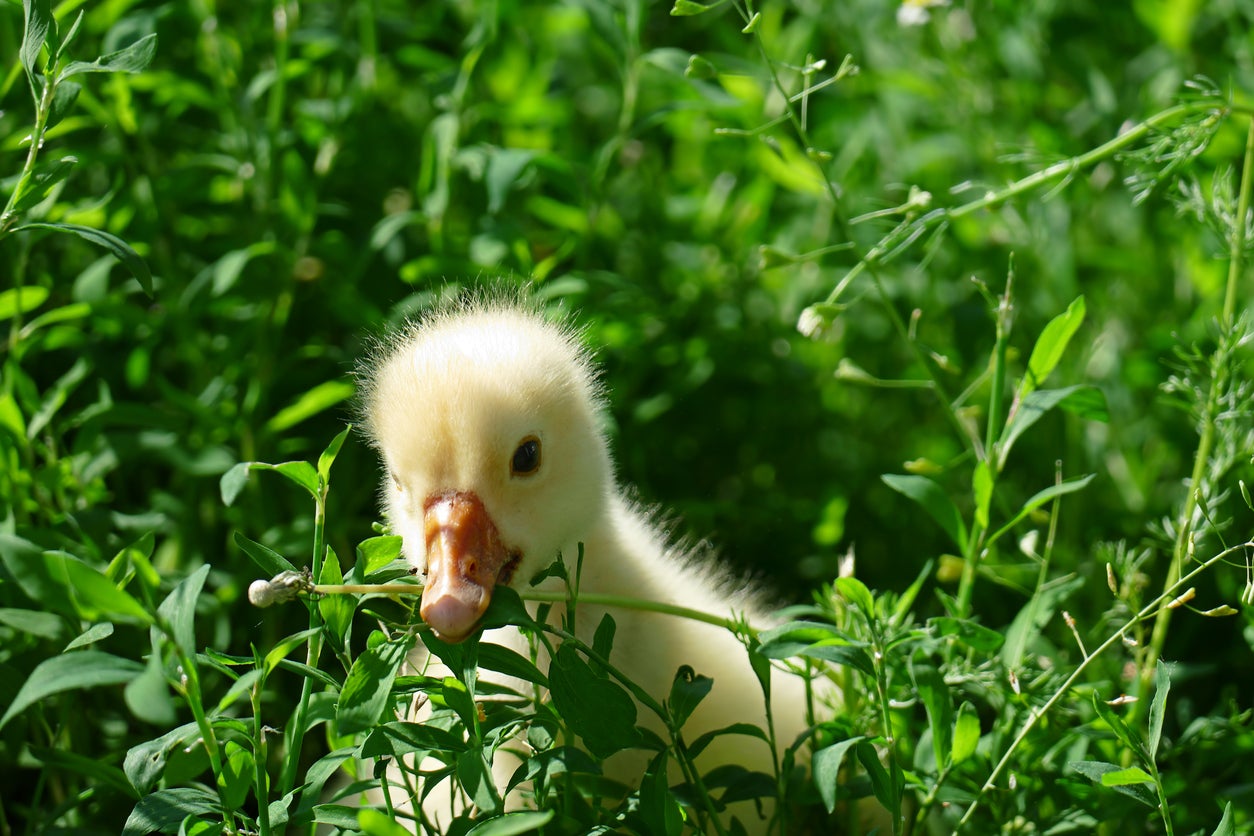Planting A Waterfowl Proof Garden: Learn About Plants Ducks And Geese Won’t Eat


Sign up for the Gardening Know How newsletter today and receive a free copy of our e-book "How to Grow Delicious Tomatoes".
You are now subscribed
Your newsletter sign-up was successful
It can be fun to watch duck and goose activity near your landscape, but in addition to their droppings, they can wreak havoc on your plants. Not only do they like eating the vegetation, they are notorious for damaging them too. Geese will tromp over any smaller flora, crushing it and keeping you from being able to fill in blank spaces with new plants. Are there duck and goose proof plants? Let's find out.
Finding Goose and Duck Proof Plants
Certain regions are waterfowl Nirvana. If you live in such a site, don't despair. There are some plants ducks and geese won't eat. Keeping plants safe from ducks and geese is another option to a waterfowl proof garden by using barriers. Consider some of these plants as well as effective barriers in areas of the garden that are known havens for these birds.
Ducks will eat small insects as well as vegetation, while geese tend to stick with foliage and flowers. They are voracious eaters and will dine on both aquatic and terrestrial plants. Many gardeners relate the birds’ fondness for flowers, especially, but they also eat grasses and other plants.
A well-planned pond with wild plants should withstand wild fowl activity, but a landscaped home pond that gets visiting birds may experience the most problems. In such situations, you can try bird netting or a fence to keep them out. This may limit the problem to some degree. There are also pellets that you can use to repel them, or plant herbs with strong scents like oregano, sage, and lemon verbena.
Developing a Waterfowl Proof Garden
If keeping plants safe from ducks and geese with barriers isn't possible, the types of plants surrounding a water feature may help limit damage. Gardeners familiar with the issue state that birds love plants like lilies and moss roses. Ducks, especially, like to dine on cultivated flowers, while geese will stomp on your precious plants and crush them.
Try to use perennials that will at least come back if walked on or eaten. Consider coarse plants with tough leaves and blades, like Egyptian papyrus. Many of the species in the Scirpus genus would also be effective choices. Also, use spiked plants and palms or cycads.
Plants Ducks and Geese Won't Eat
Stick with highly scented, thorny, or spiked plants. One suggestion is to find a list of deer resistant plants and use these. The properties that will repel the deer will also repel the birds. While you probably can't guarantee a hungry bird won't disturb a particular plant, here is a list of potential candidates that may not be attractive to the fowl:
Sign up for the Gardening Know How newsletter today and receive a free copy of our e-book "How to Grow Delicious Tomatoes".
- Pickerel weed
- Rose mallow
- Water canna
- Texas sedge
- Indian grass
- Lady fern
- Powdery alligator flag
- Broadleaf cattail
- Sand spikerush
- Bushy bluestem
- Creeping burrhead

Bonnie Grant is a professional landscaper with a Certification in Urban Gardening. She has been gardening and writing for 15 years. A former professional chef, she has a passion for edible landscaping.